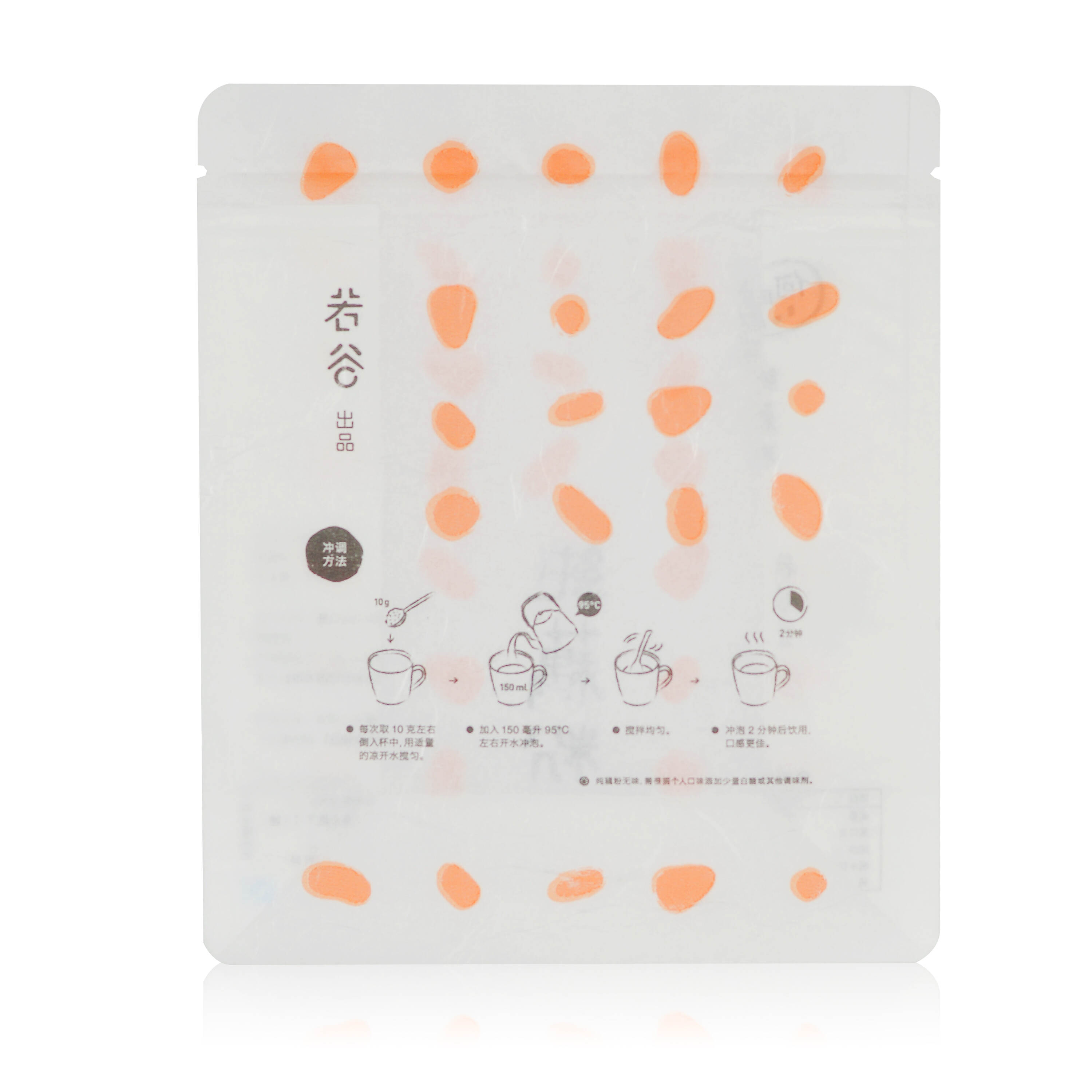

Introduction
In the quest for a more sustainable and environmentally friendly future, biodegradable garbage bags have emerged as a promising alternative to traditional plastic bags. These eco-conscious products are gaining attention worldwide, and businesses, including biodegradable garbage bag factories, are at the forefront of this movement. In this blog, we'll delve into the world of biodegradable garbage bags, covering what they are, how they decompose, their differences from degradable bags, suitability for various waste management scenarios, potential environmental impacts, and performance under different climatic conditions.
What are biodegradable garbage bags?
Biodegradable garbage bags, produced by specialised biodegradable garbage bag factories, are bags made from materials that can naturally break down into harmless substances in the environment. These bags are typically crafted from materials like starch-based plastics, paper, or biodegradable polymers. The key feature that sets them apart from conventional plastic bags is their ability to decompose into non-toxic components.
Decomposition Process and Factors
The decomposition of biodegradable garbage bags is a fascinating process influenced by several factors. Under optimal conditions, these bags will gradually break down over time. The time required for decomposition can vary significantly based on factors such as material type, temperature, humidity, and the presence of microorganisms.
The decomposition process begins with the bags breaking down into smaller pieces, often due to physical stress such as exposure to sunlight, moisture, and temperature fluctuations. Once fragmented, microorganisms like bacteria and fungi play a crucial role in consuming the bag fragments. In a matter of months to years, depending on conditions, these materials transform into non-harmful substances such as water, carbon dioxide, and organic matter.
Biodegradable vs. Degradable Bags
It's important to clarify that biodegradable garbage bags are distinct from degradable bags. While both types can break down, they differ in their end products and environmental impact. Biodegradable bags transform into harmless substances, promoting a cleaner environment, whereas degradable bags may break into smaller pieces but don't necessarily yield non-toxic compounds.

Suitability for Various Waste Management Scenarios
Biodegradable garbage bags are well-suited for general waste management situations where waste is collected and disposed of in landfills or incinerated. However, they may not be ideal for certain specialised waste types, such as toxic or medical waste, where stringent disposal requirements exist. It's crucial to follow local regulations and recommendations for the disposal of biodegradable garbage bags.
Environmental Impact and Research
Biodegradable garbage bags offer a positive step towards reducing plastic pollution. Yet, it's essential to consider the potential impacts on soil and water sources. Research and monitoring studies have shown that these bags can decompose without leaving harmful residues, but conditions may influence the extent of their impact.
Performance in Different Climate Conditions
The performance of biodegradable garbage bags varies with climate conditions. In temperate and tropical regions with adequate moisture and warmth, decomposition generally occurs more efficiently. However, in extreme climates with prolonged cold or arid conditions, the process may slow down. Still, the biodegradability of these bags offers an advantage over traditional plastics, which may persist indefinitely in such conditions.
Conclusion
Biodegradable garbage bags, produced by biodegradable garbage bag factories, are a significant stride towards a cleaner and more sustainable future. They decompose into harmless components, differentiating them from degradable bags, and are well-suited for general waste management scenarios. While there's potential for impact on soil and water sources, research suggests that the effects are minimal. Furthermore, their performance in different climates highlights their adaptability.
For business partners interested in the growing market of eco-friendly products, collaborating with biodegradable garbage bag factories can be a promising endeavor. These factories play a pivotal role in the production of environmentally responsible alternatives, contributing to a cleaner and greener world.
6-20 個字符(僅限字母加數字)
密碼不一致